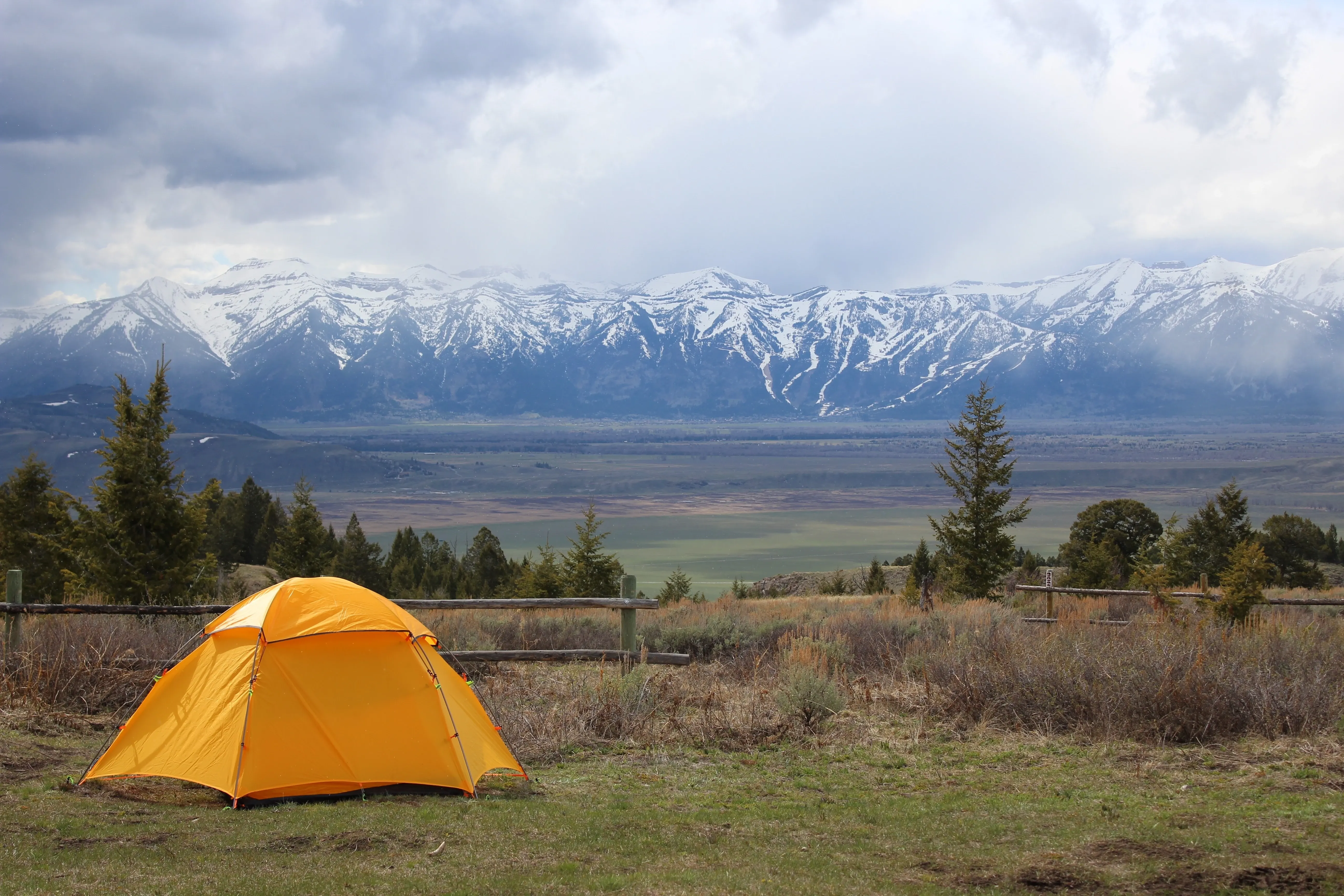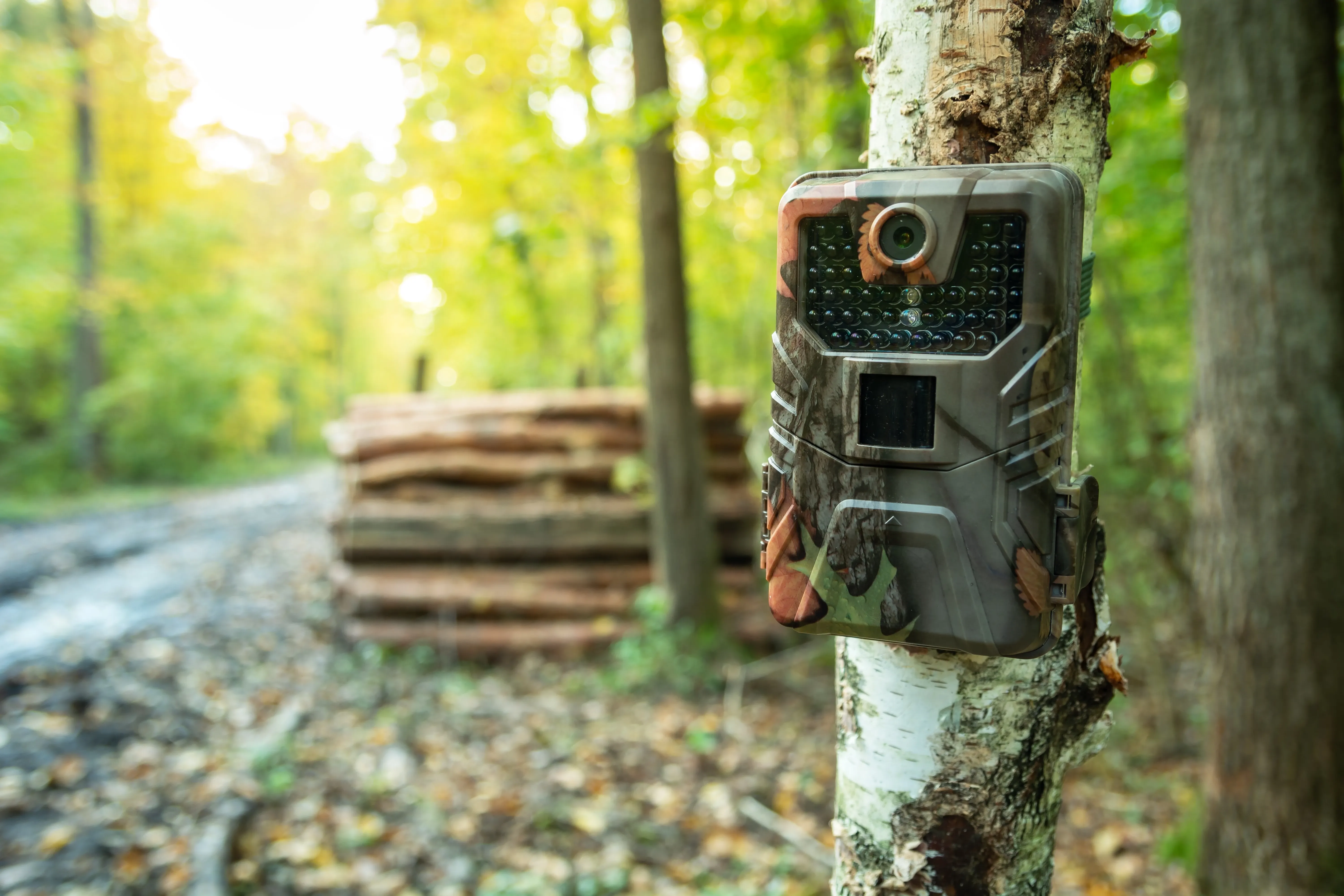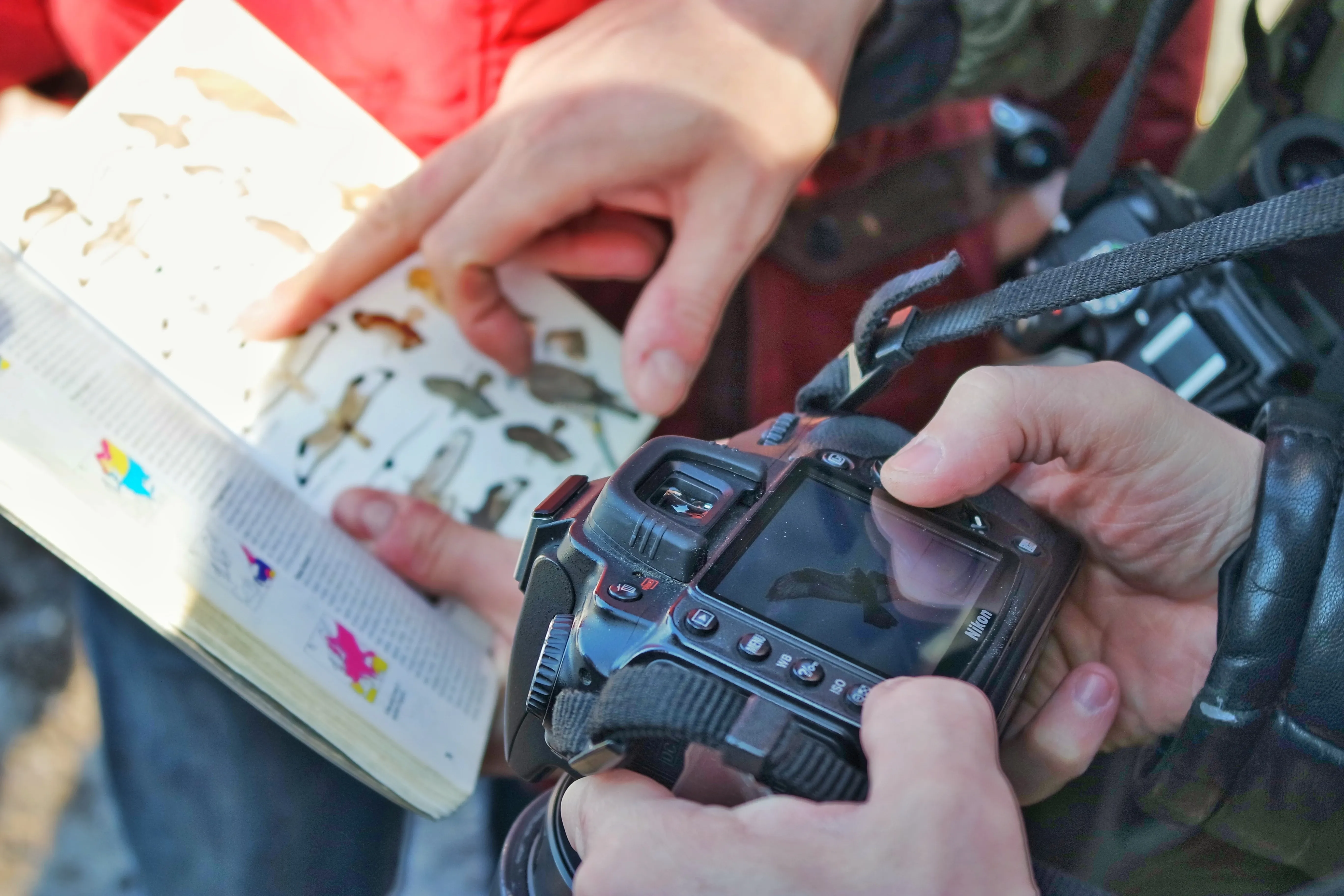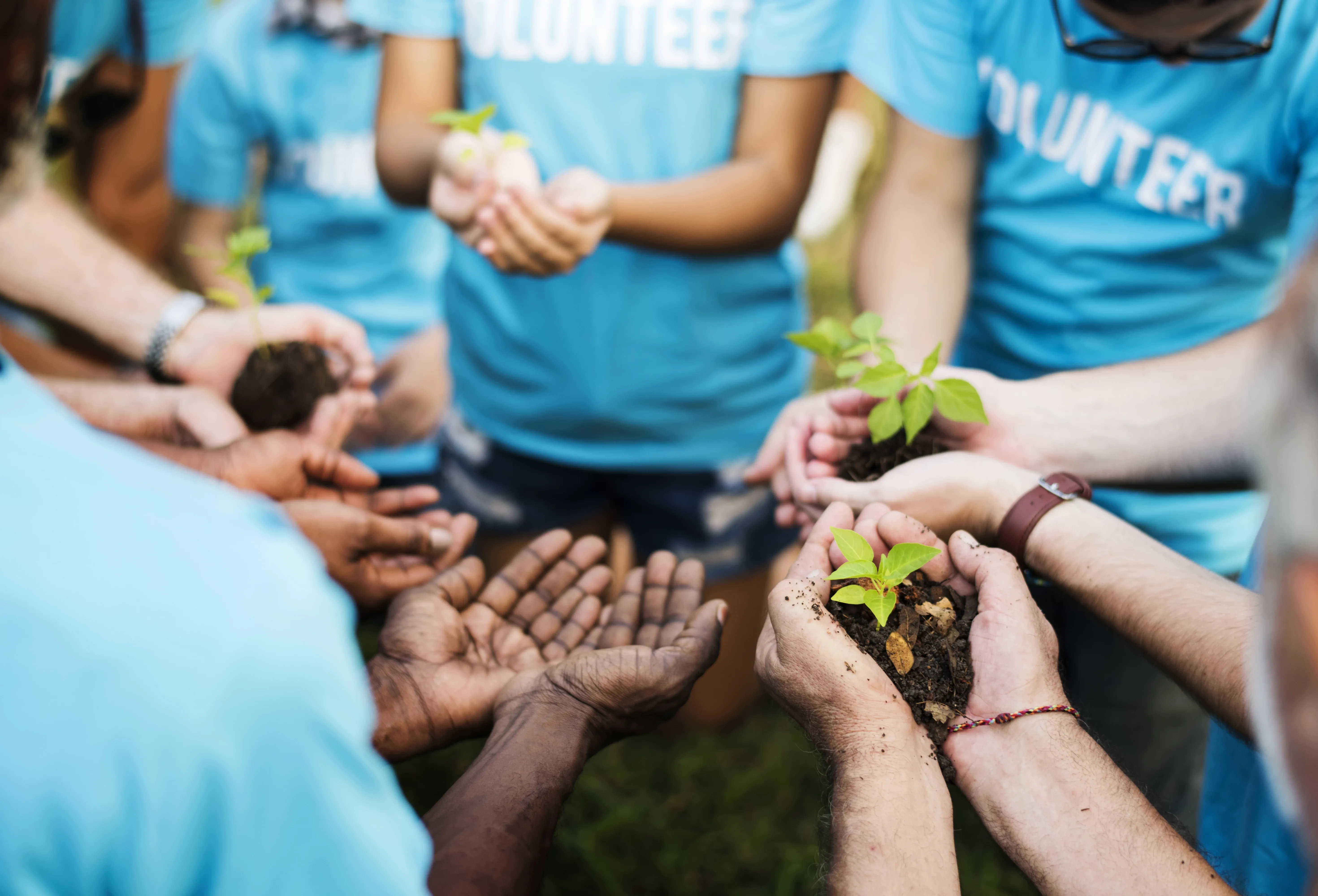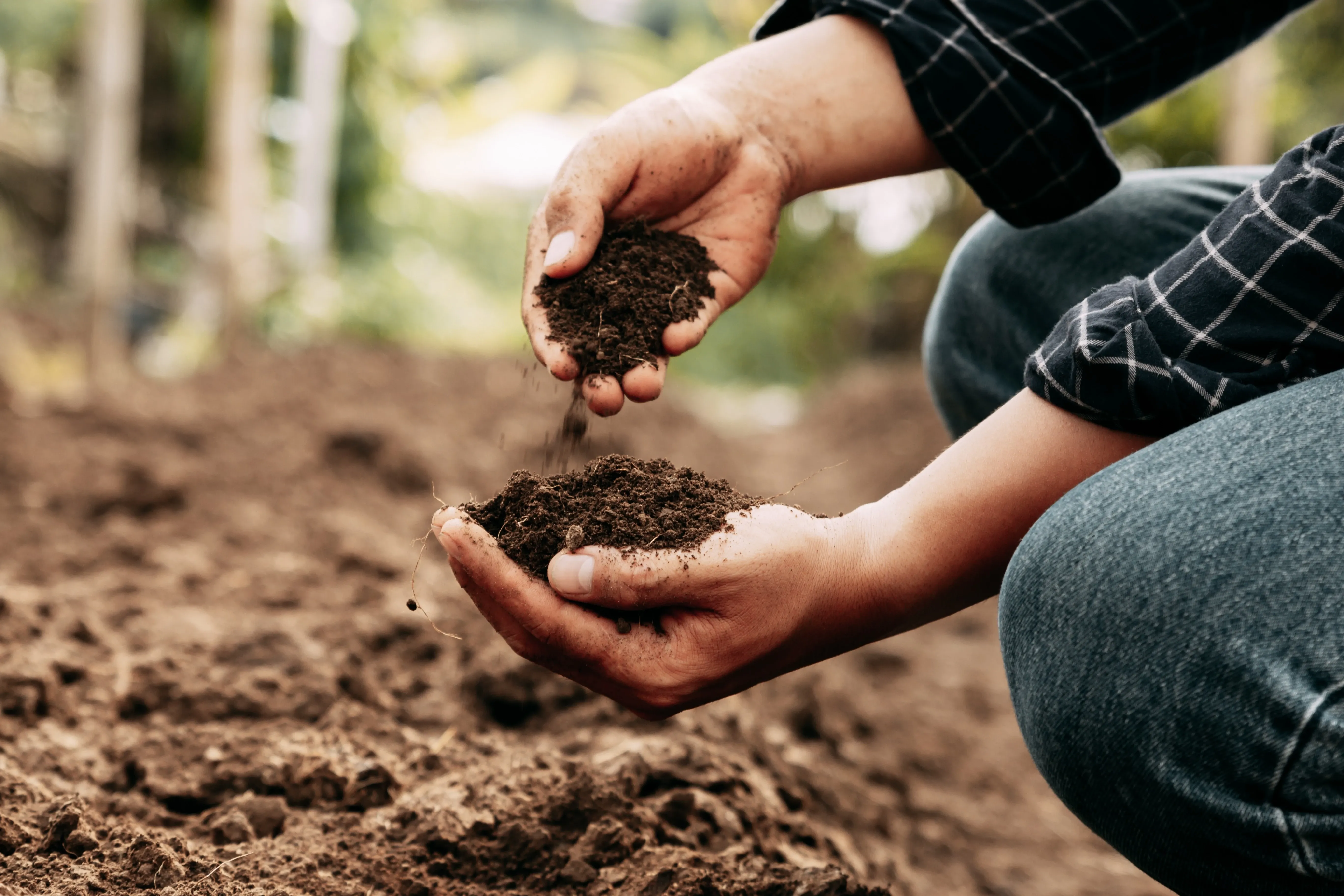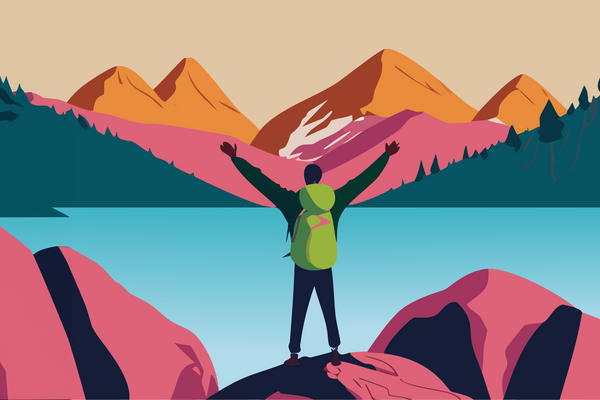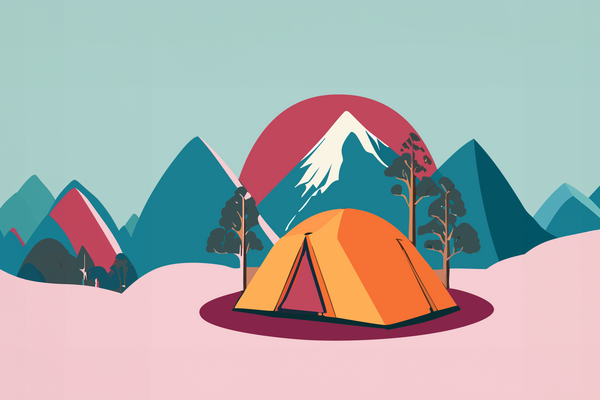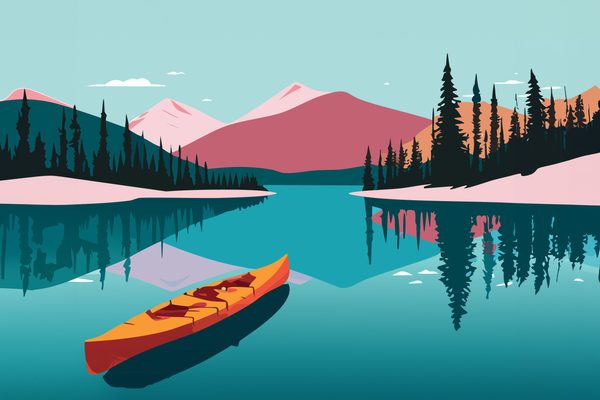How to adjust to life after a field trip?
Re-adjusting to a day-to-day routine is one of the hardest aspects of returning home after a field trip. How can you make the transition to civilisation a more enjoyable and fulfilling experience?
When you get home after a conservation field trip, you will experience a strange feeling; it might feel as though you have changed but everything else is exactly as it was when you left.
You might ask yourself why everybody feels the need to buy new, unnecessary belongings and wear expensive branded clothes. Why did you ever shower every single day and waste all that water? Why is everybody glued to social media? How can people let precious fruit go mouldy and then throw it away? How did you ever live in a town without a rural escape right on your doorstep?
There will be a period of adjustment and it won’t be easy, especially if you are going back to a more sedentary, urban life. You will miss the people you shared the field experience with and you will miss being outdoors: the solace of being at one with nature.
You will probably even miss the things you found most painful when you first arrived at the field station – the sound of the shrieking birds through the night, or the calf-burning descent up a huge hill to the field site. But coming back home after a stint in the field does not mean you have to go back to life as it was before you left.
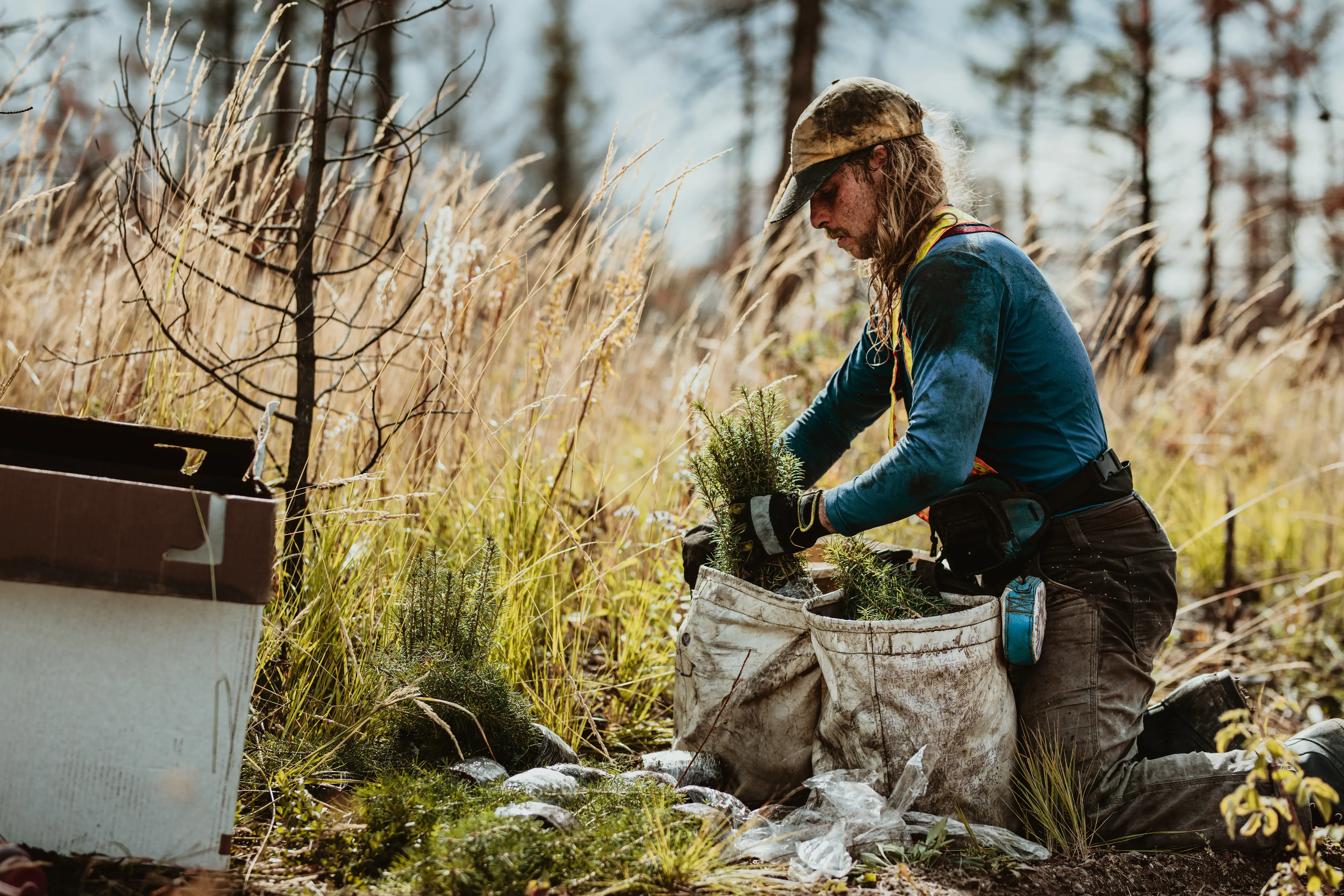
Adjusting to life back home after a field trip
The best way to adjust after living in a field station is to do it gradually. Think about what it is you miss most and seek out those experiences. If you miss the peace and quiet, try camping for the weekend.
If you miss the social evenings, get in touch with old friends and find time to reconnect in person. If it’s the wildlife you miss, make an effort to get out into the wild with your binoculars.
Don’t forget the importance of exercise, too. If you were very active in the field, your body will miss the sensations of working hard. So take the time to go hiking or hill climbing, or find some other form of exercise that you enjoy and make sure you do it regularly.
Not only is keeping up the exercise a good idea for your physical health (it will make adjusting to work on your next field trip much easier!) but it is one of the best ways to look after your mental wellbeing, too.
What to do after a field trip to further contribute to conservation
Conservation starts at home and there are plenty of ways you can contribute to important work away from the remote field station. Whether you are working full time or at a loose end when you come back from a field trip, you can always find some time to dedicate to conservation work in your local area.
Conservation training from home
Find out what else is going on, both locally and further afield. Wildlife conservationists are part of a global community and organisations are always running events and training courses – both in person and virtually.
You can even go on virtual field trips now, which take you on journeys through ecosystems in need of protection, guiding you through the issues and potential solutions to help species at risk, all with stunning videos and visual aids that make them truly engaging experiences.
Work with a conservation organisation at home
It might not be as exciting as monitoring the migration patterns of blue whales but there is always valuable work that needs to be done on our doorsteps, and you have useful skills to contribute to that work. Local organisations might be looking for practical help with population monitoring for native species of flora and fauna.
If there is a certain area of conservation biology that you want to continue developing – be that invasive species control or community engagement – reach out to your local organisations; tell them about your experience and ask if you might be able to contribute in your favoured area.
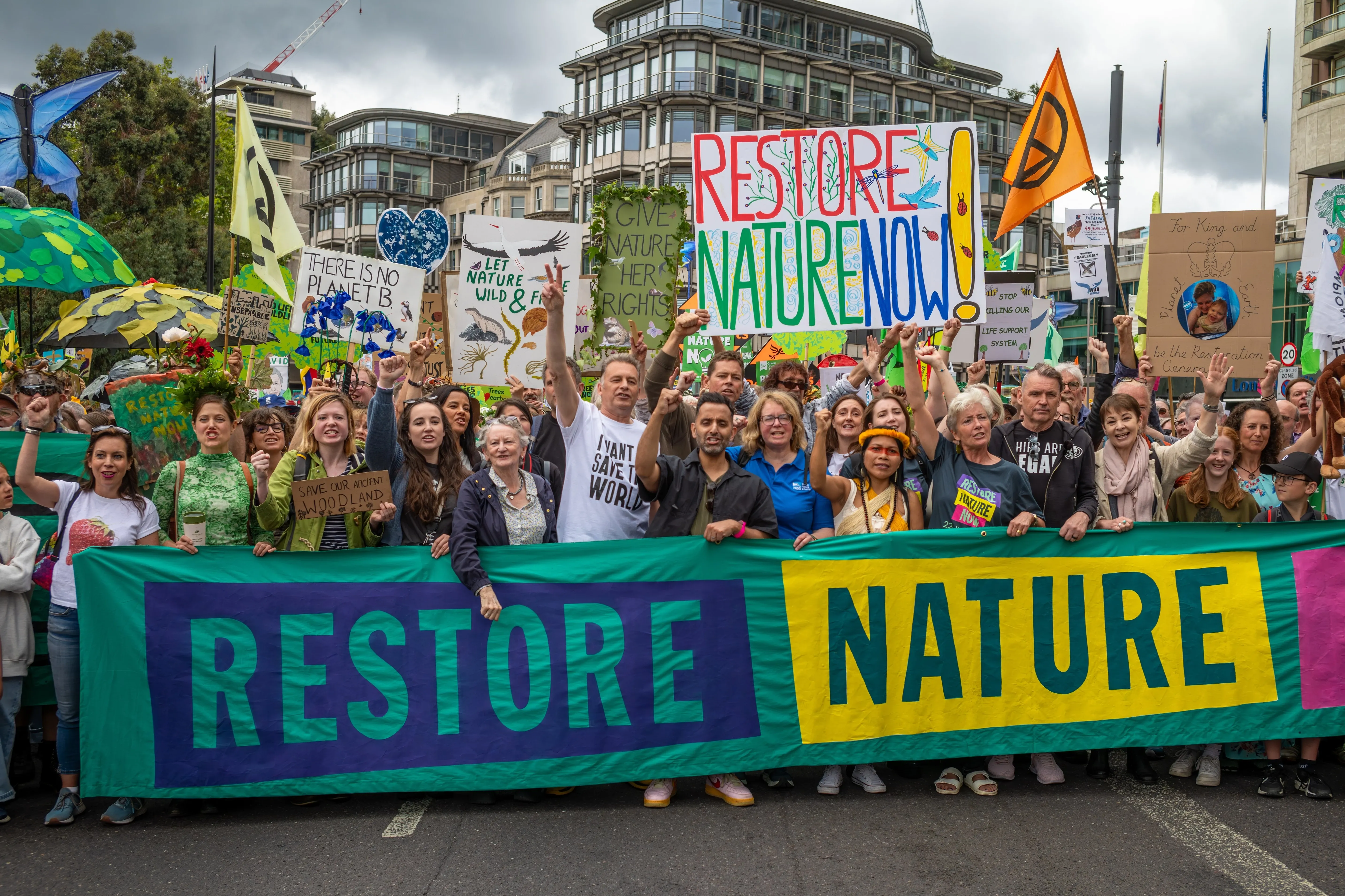
Local networking
There will undoubtedly be local groups who would be interested in hearing a talk from you about your field experience – and what better way to network with likeminded people close to home and inspire others to take action for conservation?
Public engagement is a useful skill to have in conservation, and talking publicly about a topic so close to your heart would be a great way to boost your confidence in that arena.
If this sounds like something you would be interested in, consider reaching out to schools, scout groups or any local environmental and wildlife conservation organisations to see if they would be interested in hearing stories from your last conservation field trip.
Research and book your next field trip
Last but not least, look to the future and prepare for your next conservation adventure. Even if that might be a long way off, it can help to know that you are going to be back doing what you love. If you’re in a position to book your next field trip or apply for field positions, then do that now, even if you won’t be travelling for a long time.
If not, take the time to research wildlife conservation projects and where you might like to go next. Not only will this research be educational and inspiring; it will also keep your mind set on that exciting end-goal and make life after a field trip feel less permanent.
Continue your commitment at home
After a field trip, returning home can be a difficult adjustment, but it also presents a unique opportunity for development and ongoing conservation involvement.
You can shorten the transition period by gradually resuming routines you are accustomed to while actively searching for opportunities to reconnect with nature.
Remember that local involvement, training, and community outreach can help your love for conservation grow rather than wane. Take advantage of the opportunity to help from home by organizing your next trip, volunteering, or networking.
By doing this, you encourage others to join the fight to save our planet while also paying tribute to your experiences in the field. You're still on your conservation adventure, both at home and abroad.
Sign up for the newsletter
By clicking on “Subscribe now” I will subscribe to the Conscious Explorer newsletter with all the information about mindful travel. Information on the success measurement included in the consent, the use of the shipping service provider MailChimp, logging of the registration and your rights of revocation can be found in our privacy policy.

